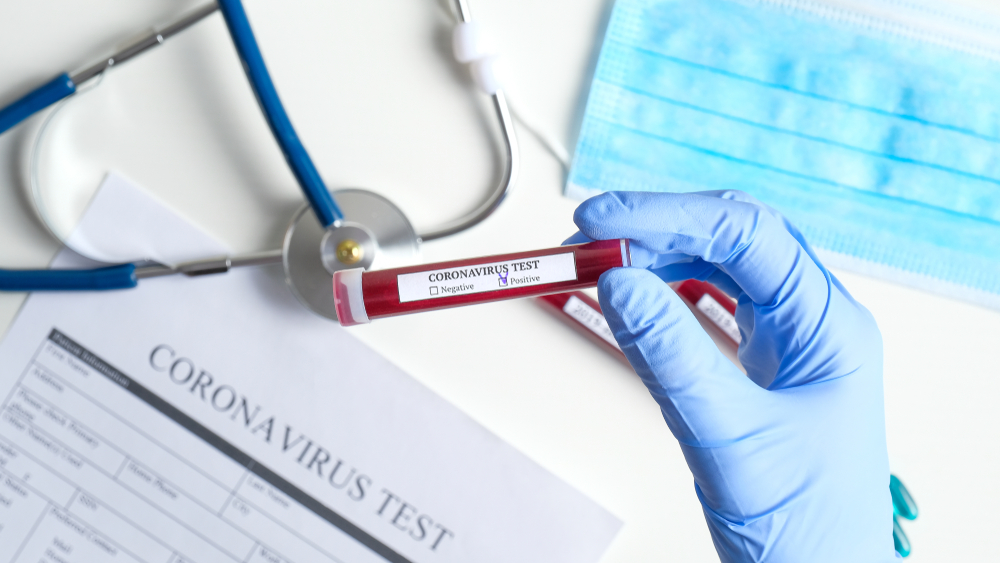Jharkhand’s caseload of coronavirus crossed the 5,000 mark after close to 300 new positive cases were detected on Friday, continuing with the ongoing trend of three-digit spikes, a state health department bulletin said.
Of the total 291 Covid cases on Friday, 287 were confirmed across 22 districts since morning and the rest were add-ons from last night’s bulletin that was issued around 10pm. There were four Covid related deaths on Friday, one each from East Singbhum, Godda, Hazaribagh and Ramgarh. As many as 64 people were discharged after recoveries.
Of the 5,096 cases, 2,473 are while 2,577 have recovered. As many as 46 patients have succumbed to the virus.
Of the 291 new cases, state capital Ranchi recorded the highest with 60, followed by Chatra (57), Lohardaga (42), Garhwa (23), Sahebganj (22), Bokaro (15) and Giridih (10). Deoghar, Jamtara and Koderma only reported one case each.
Following the recent spurt in cases since July, Jharkhand’s seven-day growth rate of 4.7 per cent has surpassed the national average of 3.36 per cent. The state’s doubling rate of cases during the same period is much higher at 14.96 compared to the national average of 20.99 days.
The overall recovery rate too has dipped to 50.66 per cent, over 10 notches below the national average of 63.02 per cent, while the mortality rate now stands at 0.90 per cent vis-à-vis a national average of 2.62 per cent.
Talking to reporters on Thursday night, chief minister Hemant Soren said that they were keeping an eye on the situation amid the steady rise in number of cases. But, he clarified that there was no reason to panic since the government had apprehended such an increase after the gradual lifting of lockdown restrictions.
He, however, said that the state was gearing up for fresh interventions to curb the spread of the virus by speeding up block level testing for early detection and to block the transmission chain.
On Friday, the state government issues fresh standard operating procedures for all those coming to Jharkhand mandating 14 day-quarantine and registration of personal details on the state portal for effective contact tracing in the event of an infection during the transit.











